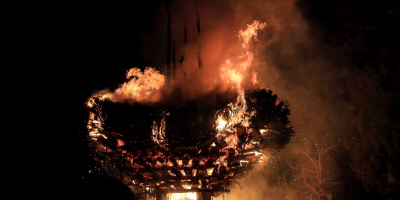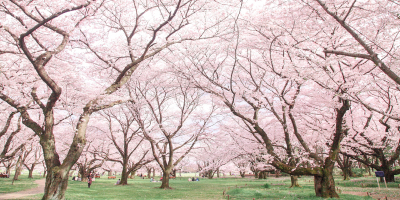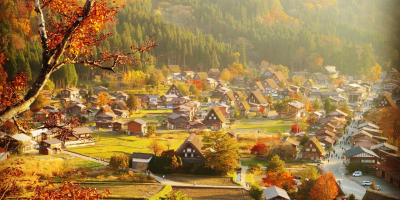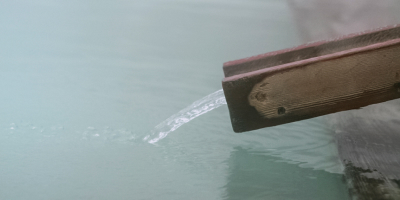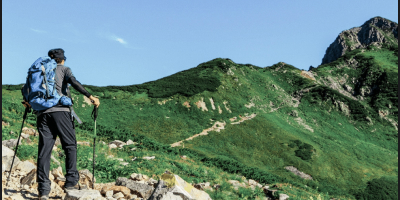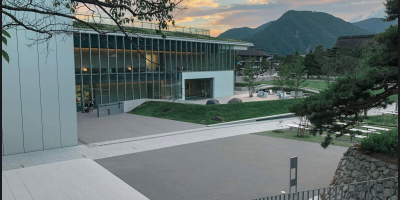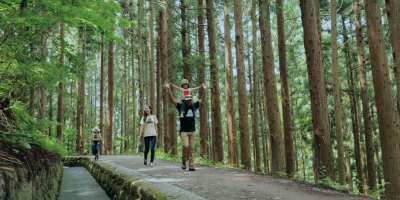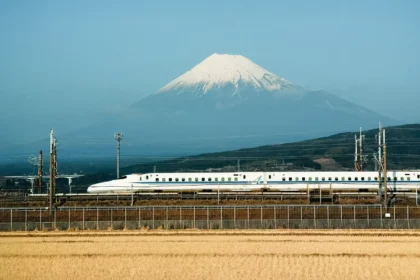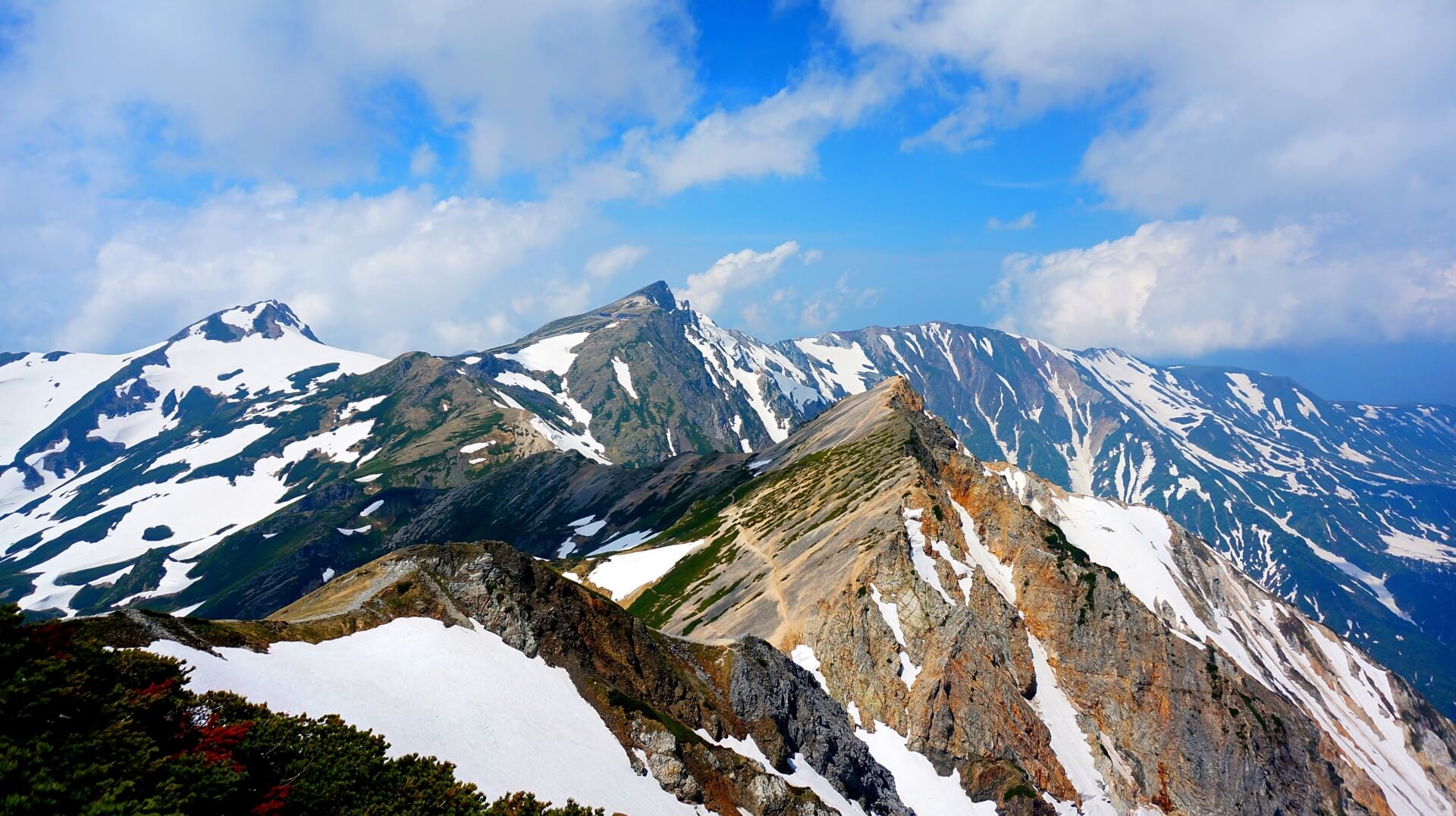
As the world’s most seismically-active country, Japan faces its share of challenges in the form of earthquakes and tsunamis. It has an impressive number of active volcanoes - while typhoons and heavy rainfall add to the risk of flooding and landslides. This means that in terms of personal safety, travelers to Japan should be mindful of the possibility of natural disasters more than any other consideration.
SHOULD I WORRY ABOUT NATURAL DISASTERS AS A TOURIST IN JAPAN?
Earthquakes present a regular concern in Japan. However, it is worth noting that any modern building is very safe and designed to withstand significant earthquakes. This is especially the case for large buildings including hotels and public facilities.
In the event of a major earthquake, you are most likely safer inside any of these buildings than outside. When checking into your hotel – especially large hotels – note the emergency exits in relation to your room. Also note that lay-out of your room including overhead objects such as air-conditioners, televisions or other large objects that could fall during an earthquake. In the event of a major earthquake, small box-like spaces including underneath tables, door frames or prefabricated bathroom/toilet units are the strongest and safest spots.
The regularity and earthquakes and natural occurrences including typhoons and consequent flooding, volcanoes and tsunamis are simply part of life in Japan. Japanese have long lived with, and risen to the challenge presented by these events and have developed one of the world’s best ‘Emergency Warning Systems (EWS)’ networks.
Japan’s Emergency Warning System or "EWS" provides automatic, free-of-charge alerts in relation to earthquakes, tsunami, heavy rain, storm surges and volcanic activity. When activity is detected or a major event take places, the EMS automatically sends alerts to all mobile phones in the affected area. Television and radio stations will also relay real-time emergency information. If the event is serious enough, there will also be live interpretations of the information.

If your phone receives an emergency alert, your phone will emit a loud, repeating alarm and emergency information will be displayed. The message will be in Japanese. Should you receive an alert, don’t panic.
The system monitors activity and predicts possible events that are not guaranteed to take place meaning that some alerts are followed by nothing. However should you experience an emergency, stay calm and follow the directions provided.
WHERE TO FIND INFORMATION ABOUT NATURAL DISASTERS IN JAPAN?

For up-to-date information, refer to following websites: JMA Earthquake & Seismic Information / JMA Tsunami Warning Information / JMA Extreme Weather Information / JMA Volcanic Activity Information.
JMA also provides the following do’s and don’ts should you receive an earthquake alert, tsunami alert, volcanic activity alert: how to respond to an earthquake warning / how to respond to a tsunami warning / how to respond to a volcano warning.
Government issued-pamphlets also provide information about useful apps in multiple languages including English, Chinese, Korean, Spanish, Vietnamese, Bahasa, Thai and more.



